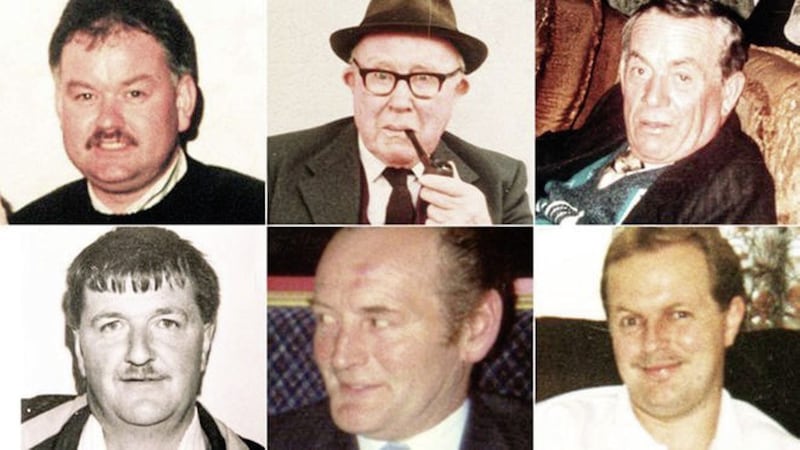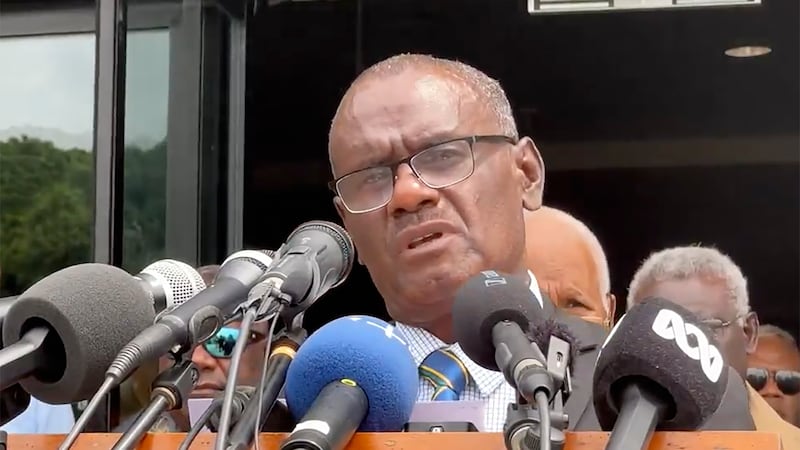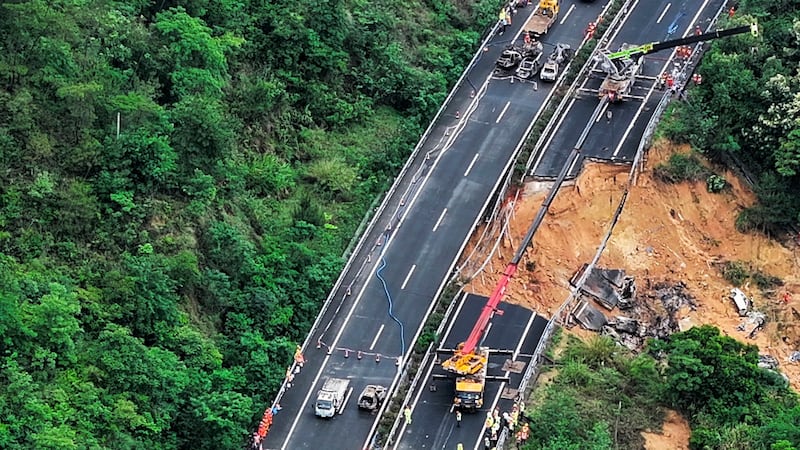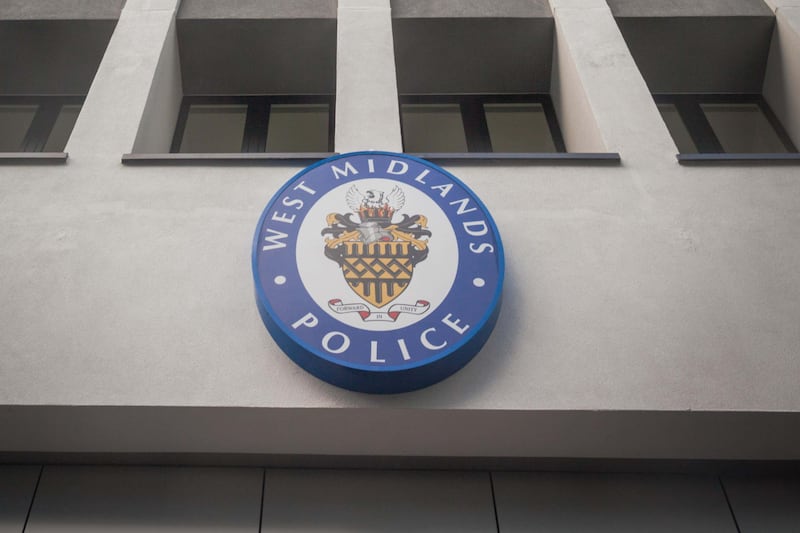A DAMNING watchdog report which found RUC officers colluded with loyalists who massacred six Catholic men 23 years ago was unlawful and procedurally unfair, a High Court judge ruled yesterday.
Mr Justice McCloskey held that the Police Ombudsman went beyond his statutory powers in reaching conclusions on the Loughinisland atrocity which are unsustainable in law.
He also found that none of the police officers subjected to "destructive and withering condemnations" of colluding with UVF members in the Heights Bar attack had the protection of due process.
"They were, in effect, accused, tried and convicted without notice and in their absence," he said.
The scathing verdict came in a legal challenge to the Police Ombudsman's report mounted by retired senior policemen Raymond White and Thomas Hawthorne.
A further hearing next month will determine whether the watchdog's findings should be formally quashed.
UVF gunmen opened fire in the Co Down village pub as their victims watched a World Cup football match in June 1994.
The men killed were: Adrian Rogan (34) Malcolm Jenkinson (53) Barney Green (87) Daniel McCreanor (59) Patrick O'Hare (35) and 39 year-old Eamon Byrne. Five others were wounded in the attack.
In June last year the Police Ombudsman, Dr Michael Maguire, said collusion between some officers and the loyalists was a significant feature in the murders.
He found no evidence police had prior knowledge, but identified "catastrophic failings" in the investigation.
One of the suspects in the attack was an informer, according to the findings.
Police were also said to have been aware of a UVF gang operating in south Down and involved in previous murders.
Other failures identified in the report included a delay in arresting suspects whose names were known within 24 hours of the shooting.
But Mr White, a representative of the Northern Ireland Retired Police Officers' Association, and Mr Hawthorne, a retired chief superintendent and former sub-divisional commander in the area, challenged the legality of the Ombudsman's public statement.
Their lawyers argued that the Ombudsman exceeded his legal powers in creating an "ad hoc" investigative system, and that his report denied rights and protections to those under scrutiny.
Delivering judgment, Mr Justice McCloskey noted how Mr Hawthorne was Northern Ireland's first ever recipient of the Queen's Gallantry Medal.
The judge held that the Ombudsman's report neither accused nor found him guilty of the "catastrophic failures" in the police investigation.
Mr Hawthorne was also excluded from the "unambiguous determination" that collusion was a significant feature in the Loughinsland murders - vindicating him unreservedly.
According to Mr Justice McCloskey the report should have made clear that the Ombudsman's unqualified findings did not apply to the former sub-divisional commander.
Referring to the collusion claims, he continued: "It is difficult to conceive of a more withering and damning condemnation of professional police officers."
The Ombudsman, he found, did not use the language of accusation, or opt for restrained vocabulary of opinion, belief or suspicion.
"Rather, he determined, unambiguously, that collusion had occurred," the judge said.
"This was an outright and unqualified condemnation. It is properly described as a verdict."
The determination that RUC officers colluded with UVF members in carrying out the Heights Bar attack was little different from a verdict of guilty beyond reasonable doubt, the judge said.
He pointed out that no police officer was prosecuted for such actions or accused of disciplinary offences.
Finding that Mr Hawthorne was given no advanced notice of critical passages in the report, Mr Justice McCloskey confirmed: "The resulting diagnosis of procedural unfairness follows inexorably."
Ruling that the challenge must succeed, he said: "The Police Ombudsman's determination of police collusion in the Loughinsland murders is unsustainable in law as it was not in accordance with the Ombudsman's statutory powers."
Expressing regret that his verdict meant finality and closure for the victims' families would again be postponed, the judge stressed his role was to carry out an independent, impartial and dispassionate adjudication.








